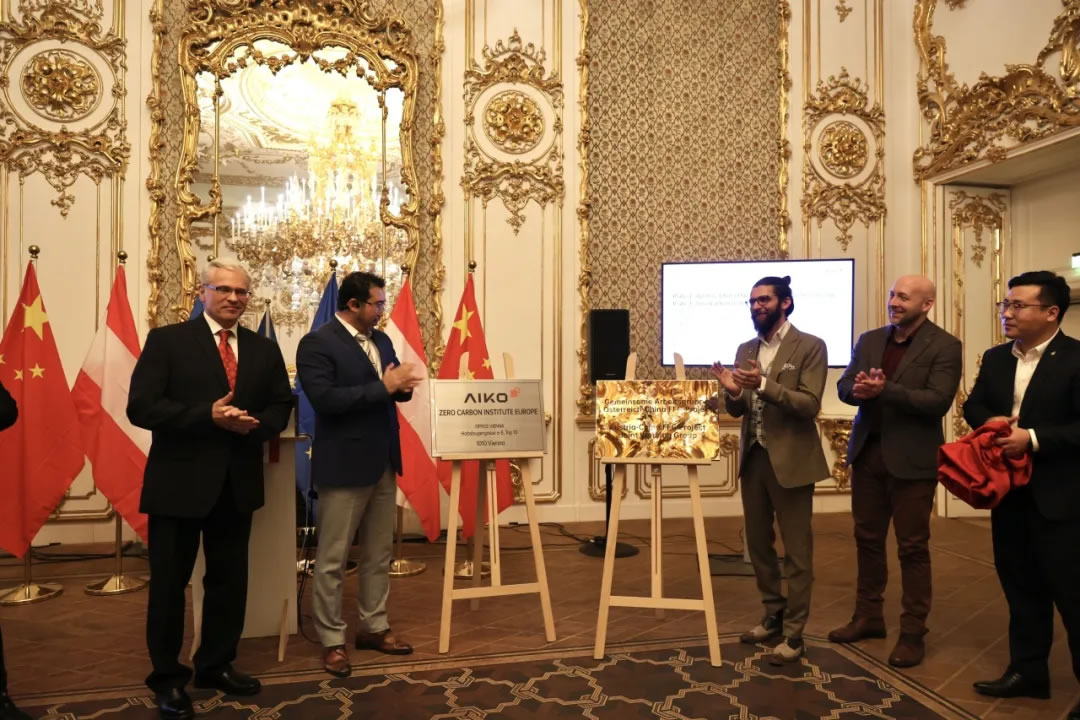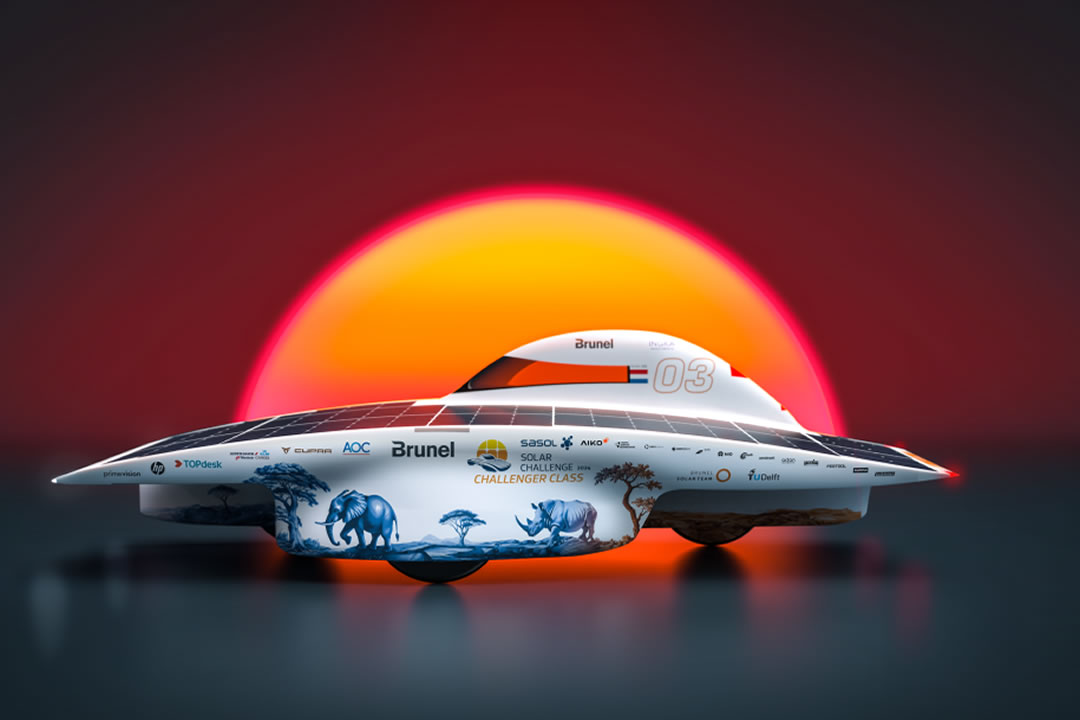By establishing an integrated and collaborative green microgrid system combining “photovoltaics + wind power + energy storage + charging + smart energy management,” the existing diesel generator power supply will be fully replaced.
Currently, the first phase of the new energy project has been fully completed and put into operation, with an estimated annual power generation of 250,000 kWh. This will reduce carbon dioxide emissions by 105 tons per year and has achieved “zero-carbon power generation” for the entire island. The project helps protect the island’s ecological environment and promotes a green transformation of local lifestyles
Currently, the first phase of the new energy project has been fully completed and put into operation, with an estimated annual power generation of 250,000 kWh. This will reduce carbon dioxide emissions by 105 tons per year and has achieved “zero-carbon power generation” for the entire island. The project helps protect the island’s ecological environment and promotes a green transformation of local lifestyles

European Zero-Carbon Research Laboratory
The establishment of the AIKO Zero-Carbon Research Laboratory in Vienna marks a new starting point and an important milestone in AIKO’s commitment to supporting carbon neutrality in the EU region and building collaborative innovation for zero-carbon scenarios. It signifies a solid step forward in China-Austria technological cooperation and heralds fruitful outcomes in advancing green development and achieving zero-carbon goals.
The AIKO European Zero-Carbon Research Laboratory actively promotes climate action for carbon peak and carbon neutrality. It advances integrated innovation in areas such as source-network-load-storage integration, industrial + photovoltaic, transportation + photovoltaic, building + photovoltaic, and agriculture + photovoltaic, on a global scale. The institute explores cost-effective integration alternatives for power generation, heating, and hydrogen production systems. It has made pioneering progress and launched a series of demonstration projects in six key areas: new power systems, carbon-negative modern efficient facility agriculture, zero-carbon green buildings, green chemicals, transportation, and AI infrastructure.
The AIKO European Zero-Carbon Research Laboratory actively promotes climate action for carbon peak and carbon neutrality. It advances integrated innovation in areas such as source-network-load-storage integration, industrial + photovoltaic, transportation + photovoltaic, building + photovoltaic, and agriculture + photovoltaic, on a global scale. The institute explores cost-effective integration alternatives for power generation, heating, and hydrogen production systems. It has made pioneering progress and launched a series of demonstration projects in six key areas: new power systems, carbon-negative modern efficient facility agriculture, zero-carbon green buildings, green chemicals, transportation, and AI infrastructure.

“Exploring New Scenarios of ‘Photovoltaics + Transportation’”
AIKO has reached a strategic cooperation with the Dutch Brunel Solar Team. The team’s newly designed solar car, Nuna 12S, is equipped with AIKO’s high-efficiency N-type ABC cells and will participate in the “2024 Sasol Solar Challenge” held in South Africa.
AIKO’s N-type ABC cells boast the highest conversion efficiency in the industry, ensuring higher power generation under the same sunlight conditions. With features such as shadow power optimization, high-temperature suppression, and resistance to microcracks, they effectively minimize the impact of adverse weather or environmental conditions on the photovoltaic cell’s power generation capacity, ensuring that the solar car’s power supply remains efficient and reliable.
AIKO’s N-type ABC cells boast the highest conversion efficiency in the industry, ensuring higher power generation under the same sunlight conditions. With features such as shadow power optimization, high-temperature suppression, and resistance to microcracks, they effectively minimize the impact of adverse weather or environmental conditions on the photovoltaic cell’s power generation capacity, ensuring that the solar car’s power supply remains efficient and reliable.












